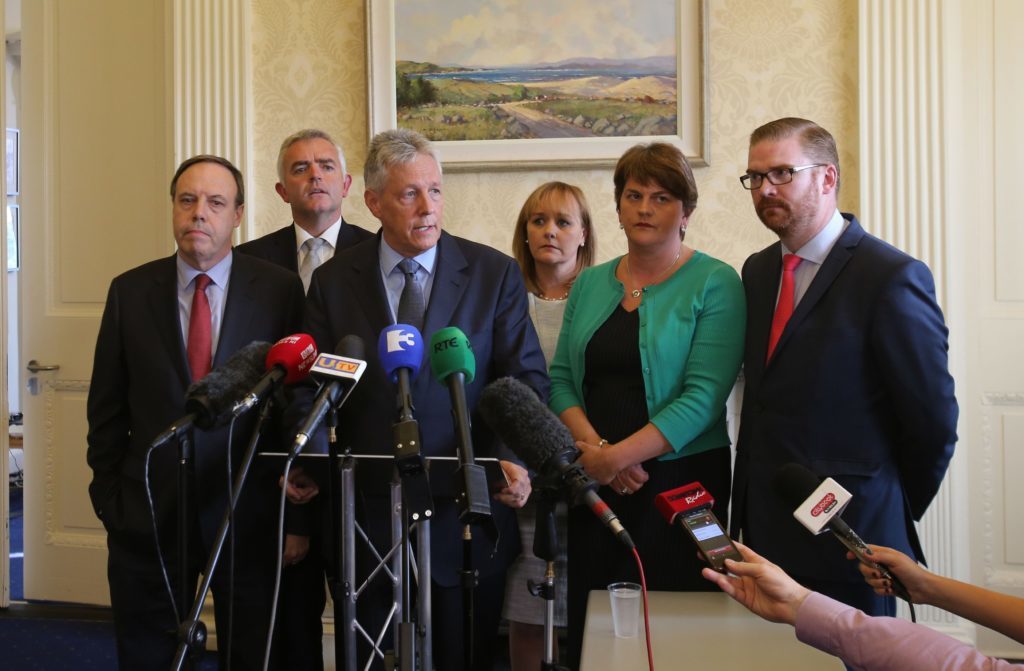
Northern Ireland’s energy regulator has laid the blame for a botched green energy scheme at the door of the former Stormont department that designed it.
A lawyer appearing on behalf of Ofgem at a public inquiry in Belfast said it accepted significant failings, but insisted those failings did not cause the key problems in the scheme.
The Renewable Heat Incentive sparked a scandal in late 2016 when it emerged that costs had spiralled due to over-generous subsidies being paid to encourage the use of green energy.
The result was an anticipated massive overspend, falling to the Northern Irish taxpayer to pick up.
The fiasco led to a political row, the resignation of Northern Ireland’s then deputy first minister Martin McGuinness and the collapse of the powersharing government in January 2017.
The RHI Inquiry, led by retired judge Sir Patrick Coghlin, is hearing final submissions this week before it reaches its conclusions at a later date.
Speaking on behalf of Ofgem, Jason Beer QC said it accepted significant failings, including not communicating with the then Department of Enterprise, Trade and Investment (Deti), which conceived the scheme, as well as it could have done.
“There were many things that Ofgem could and should have done better in relation to its administration of the scheme,” he told the inquiry.
But he said it “can’t be concluded that those failings caused the key problem in the scheme”.
Mr Beer said Ofgem had warned Deti over the design of the RHI scheme.
“Ofgem lucidly and cogently identified a number of the risks about the design of the scheme to the department when the department was drafting the regulations in November 2011,” he said.
“We say these are not failures by Ofgem to communicate concerns about the design of the scheme at its inception, they are failures by those to whom the concerns were communicated to heed them and to act upon them.”
Deti was led by Democratic Unionist leader Arlene Foster (2008-15) when the RHI scheme was designed, and later her colleague Jonathan Bell (2015-16) over the time that costs spiralled.
The inquiry previously heard claims that DUP special advisers pushed to delay the introduction of cost control measures to the scheme.
This has been denied by a number of special advisers.
Earlier on Wednesday, the inquiry heard that an Ofgem lawyer, John Jackson, advised a colleague against handing police some of the information it held about an application to the RHI scheme by then DUP special adviser Stephen Brimstone.
The Police Service of Northern Ireland investigated an allegation of fraud it received over Mr Brimstone’s application. No crime was detected.
Mr Jackson said: “Nothing in the documents, or the conclusions that they reached, would’ve assisted the police in a criminal prosecution of Stephen Brimstone.”
Ofgem audited Mr Brimstone’s RHI boiler and concluded he joined the scheme legitimately.
Mr Beer said he would not comment on that before having time to consider it.
Pressed by panel member Dame Una O’Brien, he suggested it may not be appropriate for the inquiry to “draw broad conclusions” about Ofgem’s “attitudes and cultures” on the basis “of a relatively junior lawyer’s emailed advice in one case”.
Recommended for you
